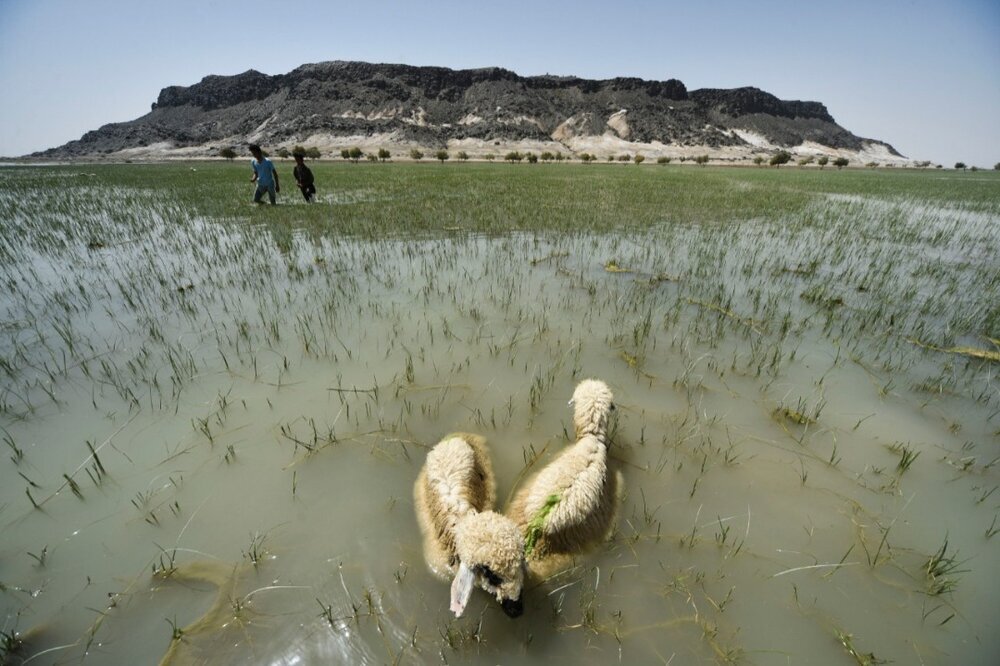UNDP-Japan project saves 27% of water for irrigation

TEHRAN - Conservation of Iranian Wetlands Project (CIWP), a joint initiative between the United Nations Development Program (UNDP) and the Government of Japan, has so far led to 27 percent water saving for irrigation in the country.
The three-year (2021-2024) cooperation between the DoE, Japan, and UNDP Iran has been initiated to up-scale successful practices to additional pilots in the Urmia Lake basin and two new replication sites including Shadegan and Bakhtegan Wetlands.
The use of some innovations, including subsurface irrigation systems for vineyards, has reduced irrigation water by more than 50 percent, IRNA quoted Mehri Asna-Ashari, the CIWP manager, as saying.
Since 2014, together with the Government of Japan, UNDP has been supporting Lake Urmia restoration efforts. The project covers 202 villages in northwestern East and West Azarbaijan provinces.
Alongside this, UNDP Iran is implementing the Sistan Project – a joint initiative between the DoE, other national partners, and the European Union’s Department of International Partnerships (DG INTPA) to boost socio-economic development in Sistan-Baluchestan province, restore Hamoun Wetlands and promote alternative climate-smart livelihoods.
Besides, the issue of diversifying livelihoods compatible with wetland resources is pursued in the four provinces of West Azarbaijan, East Azarbaijan, Fars, and Khuzestan, she added.
“In addition, training, capacity building, participation, and awareness programs are continuously implemented every year.”
In Iran, 141 wetlands with ecological value with an area of over 3 million hectares have been identified, of which 25 wetlands are designated as wetlands of international importance (registered in the Ramsar Convention) covering more than 1.4 million hectares and four sites are biosphere reserves.
So far, for 44 wetlands in the country, such as Parishan and Shadegan wetlands, and Lake Urmia, environmental management plans have been prepared, of which 28 plans have been approved and the rest are awaiting approval or are under preparation
Wetlands cover around 6 percent of the Earth’s land surface and 40 percent of all plant and animal species live or breed in wetlands.
Wetlands play an important role in coastal environments-economies: health, food supply, tourism, and jobs. Wetlands are providing essential ecosystem services such as water regulation, including flood control and water purification.
More than a billion people across the world depend on wetlands for their livelihoods – that’s about one in eight people on Earth.
However, wetlands are among the ecosystems with the highest rates of decline, loss, and degradation.
Wetlands are disappearing three times faster than forests and are Earth’s most threatened ecosystem. In just 50 years — since 1970 — 35% of the world’s wetlands have been lost.
MG
Leave a Comment